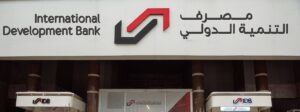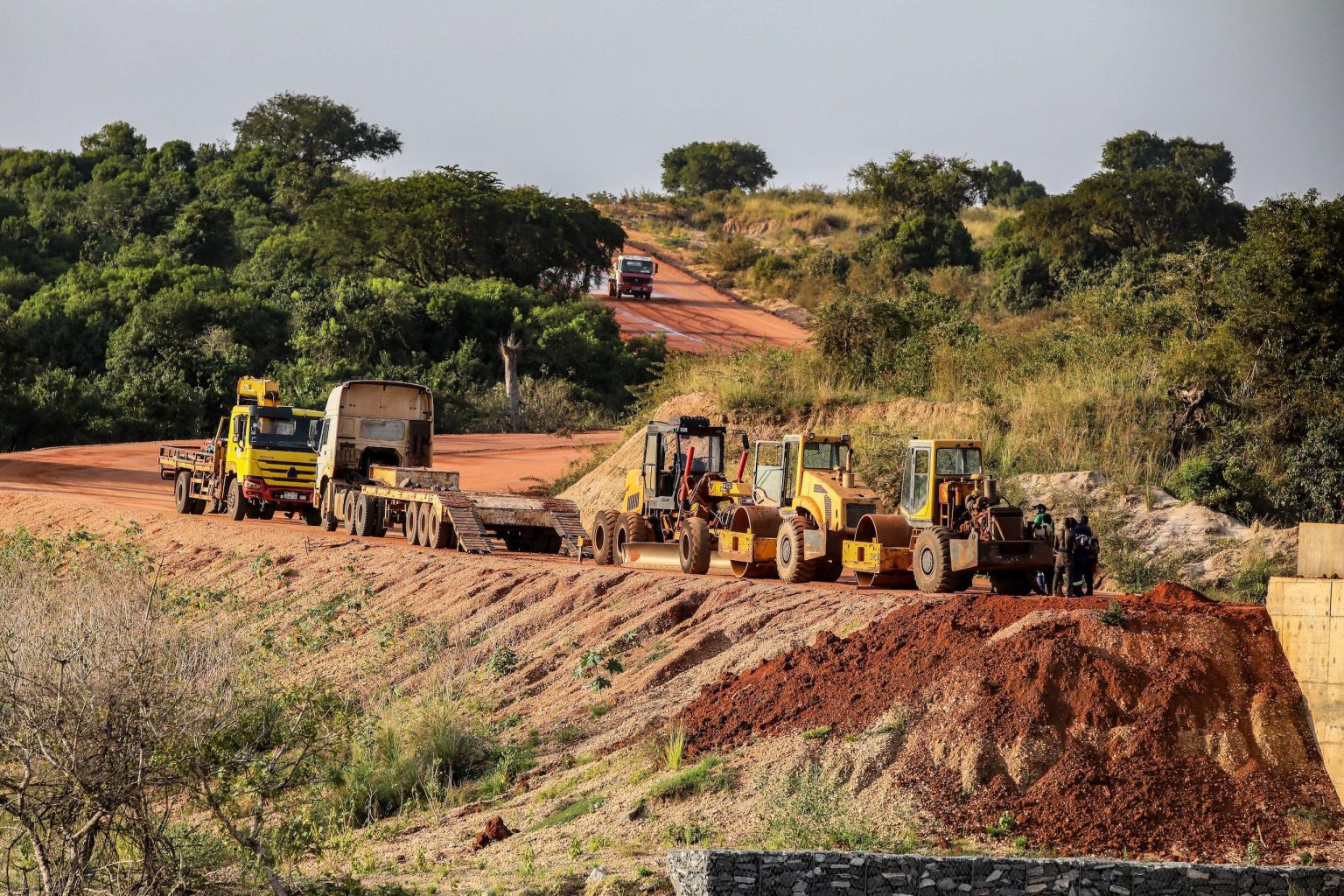- The EACOP is one of the biggest oil project in Uganda
- The total investment has reached $10 billion
- Uganda will pay Tanzania $ 12.20 per barrel transported through the pipe
The East African Crude Oil Pipeline project has again reached another height as the two partnering nations, Tanzania and Uganda, have signed a Memorandum of Understanding on cooperation in defence and security for the ambitious and controversial EACOP project.
The signing was penned on Friday last week at the climax of a three-day Inter-governmental Security Committee Meeting held in Kampala, Uganda.
The MoU was signed on behalf of the two nations by Uganda’s Minister of Defence and Veteran Affairs Vincent Bamulangaki Ssempijja and his Tanzanian counterpart, Minister of Defence and National Service Dr Stergomena Tax.
According to the Ugandan minister, the MoU was an important matter to be concluded, as highlighted by the two partner nations, President Samia Suluhu Hassan and President Yoweri Museveni—eyeing the EACOP project to forge their economic and diplomatic relationship.
The Lake Albert Crude Oil Project and its partners, encompassing Tilenga and Kingfisher upstream oil projects in Uganda and the construction of the EACOP, are now standing on approximately $10 billion total investment and the world’s longest heated oil pipeline in the world.
READ:Why US$3.5 billion Tanzania-Uganda oil pipeline is under threat
“I am therefore happy to note that today we have moved on some of the issues, including reviewing the Memorandum of Understanding (MoU) on Defence and Security cooperation and operationalizing the intergovernmental security committee for the East African Crude Oil Pipeline project”, Ugandan minister said.
Further, the entirety of the agreement is to serve a higher purpose. According to the minister, the undertakings will undoubtedly facilitate their respective institutions to share information and intelligence and work jointly to confront threats such as terrorism, arms and drug trafficking, trafficking of game trophies, cyber security, and illegal, among others (All Africa).
However, on the other hand, the Tanzanian minister noted that the meeting laid the ground for analyzing mutual interest and developing a shared understanding of an approach specifically to peace and security.
“Terrorism remains a major threat requiring joint and proportionate efforts and measures”.
READ:Uganda: SEACOM acquires Africell’s infrastructure assets to expand business in East Africa
EACOP is transforming the extractive sector
The project is slated to change the face of oil and gas for the two nations. Oil wells will be built at Lake Albert, where oil was first discovered in 2008 by British Company Tullow Oil.
The oil project comprises three parts: the Tilenga and Kingfisher upstream oil fields on the shores of Lake Albert and the EACOP, linking the oil field through the 1,443 km underground pipeline headed to storage facilities in Tanga port in Tanzania.
The EACOP project will see production from the oil field in Uganda transported to the port of Tanga in Tanzania.
The oil project has seen Kenya, one of East Africa’s competitive oil and gas industries, miss out due to land owners’ compensation delay, making Kenya lose to the Tanzanian government since the government owns the land.
READ:Tanzania: A hybrid solution to low oil supply problem
The 1,445-kilometre crude oil pipeline, which has taken a rather interesting path to almost being realized, including financing challenges and cries from community grounds in Uganda and Tanzania and international environmental activists, is estimated to produce some 1.7 billion barrels.
The project has also seen a healthy interaction among investors. At the moment, TotalEnergies and the China National Offshore Oil Corporation (CNOOC) are the major foreign investors involved in the upstream extraction projects and the pipeline.
The two companies have ownership in the fields. The Tilenga oilfield is operated and owned 56.67 per cent by Total Energies, while the Kingfisher oilfield is being developed by CNOOC owning 28.33 per cent.
On the other hand, the Uganda National Oil Company (UNOC) and Tanzania Petroleum Development Corporation (TPDC) are involved on various fronts of the project, with UNOC holding a 15 per cent stake in the kingfisher oilfield (China Dialogue).
However, the project stands to transform the economies of both Uganda and Tanzania as energy giant TotalEnergies and its partners look forward create 12,000 direct jobs and nearly 50,00 indirect jobs during the construction and production phases (China Dialogue).
Further, the local economy is expected to be stimulated as local contractors stand to benefit from $1.7 billion worth of business opportunities.
“Apart from jobs, the project is touted to increase Uganda and Tanzania foreign direct investment by 60 per cent and generate annual revenues of up to 2 billion from oil exports to countries including China and India” China Dialogue.
Thus, Uganda will pay Tanzania $12.20 for every barrel flowing through the pipeline.
The Tanzania Energy Congress (TEC) will be held in Dar es Salaam on the 3rd and 4th of August to discuss such collaborative projects and to capitalise on the investment possibilities in the nation.




